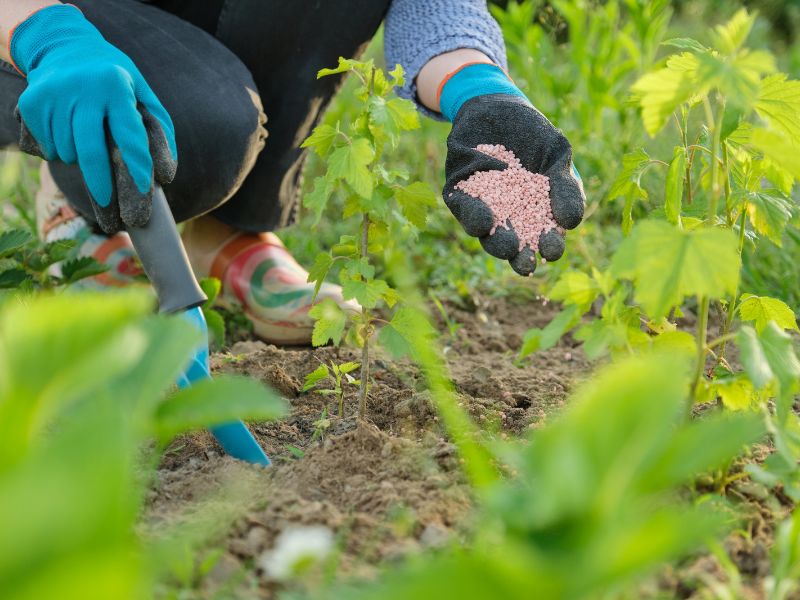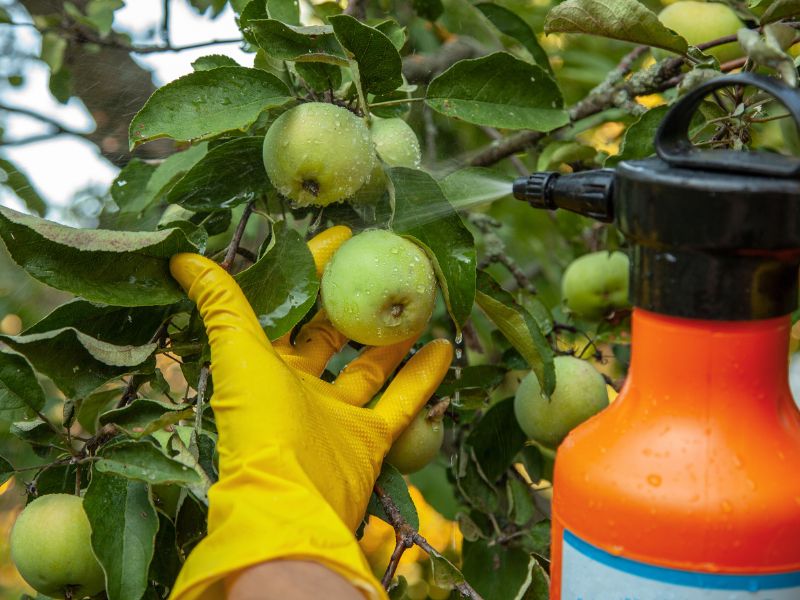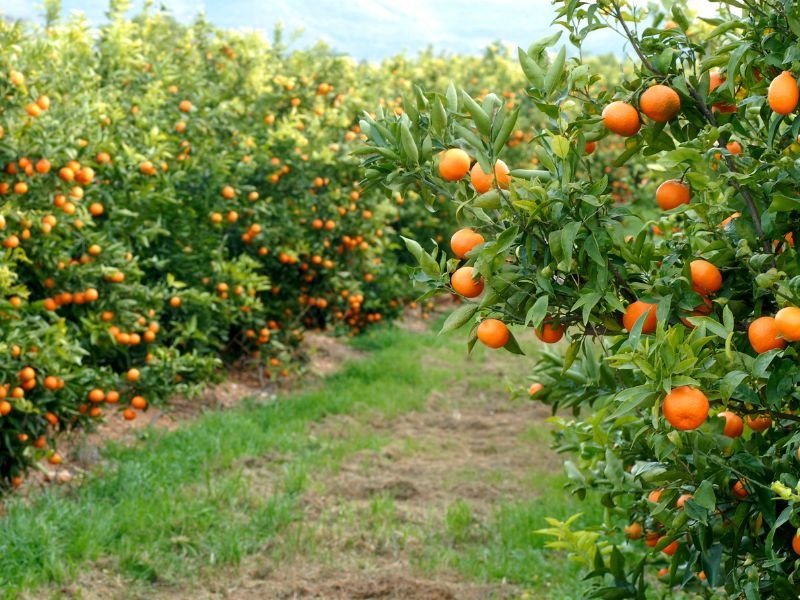As November ushers in winter’s cool embrace, fruit tree enthusiasts must attend to their orchards with care. Taking the proper steps now ensures a bountiful harvest in the coming year. Here are five essential tasks to undertake with your fruit trees this November:
Pruning For Shape And Health
November is an ideal time to prune fruit trees. Remove dead or diseased branches to enhance overall tree health. Additionally, shape the canopy to allow sunlight penetration, promoting better air circulation and reducing the risk of fungal diseases. Pruning also encourages the growth of solid and fruit-bearing branches.

Canva. com
Mulching For Insulation
A layer of mulch around the base of your fruit trees helps insulate the soil and regulate temperature fluctuations. Apply a generous layer of organic mulch, such as straw or wood chips, to conserve soil moisture and protect roots from freezing temperatures. Mulching also inhibits weed growth, eliminating competition for nutrients.
Fertilizing For Nutrient Boost
November is an opportune time to provide your fruit trees with essential nutrients. Apply a balanced fertilizer to replenish the soil with nitrogen, phosphorus, and potassium. It fortifies the trees, ensuring they have the necessary resources to bear a robust crop in the upcoming growing season. Follow the recommended dosage guidelines for your specific fruit tree species.

Canva. com
Pest And Disease Management
Before winter sets in, inspect your fruit trees for any signs of pests or diseases. Remove fallen leaves and debris that may harbor pathogens, and consider applying dormant oil sprays to control overwintering pests. Taking preemptive measures now will contribute to a healthier, more resilient orchard in the spring.
Hydration And Watering
Even in the cooler months, keeping fruit trees adequately hydrated is essential. Ensure that your trees receive sufficient water, especially if there is a lack of rainfall. Hydrated trees are better equipped to withstand winter stress and are more likely to produce abundant fruit when spring arrives.
